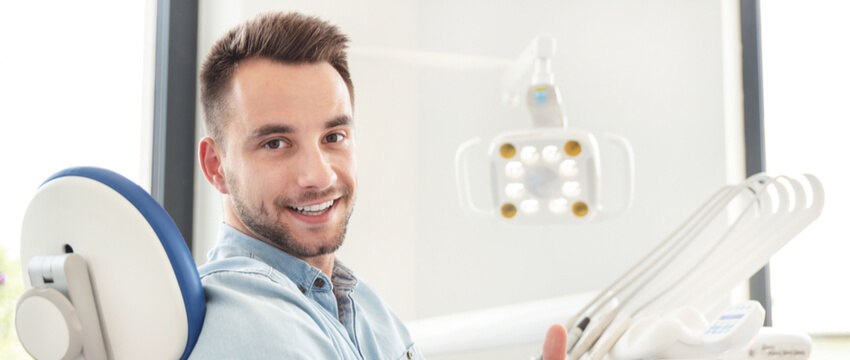Here’s the good news: dental anxiety is very manageable. With the right support, techniques and communication you can begin to feel more confident about your oral health.
1. Talk to Your Dentist
The first step is simply letting us know how you feel. Whether you’re afraid of pain, dislike the noise of drills or just feel anxious in medical settings, we’re here to listen. We’ll explain each step of your treatment and adjust our approach to make you feel more comfortable.
2. Bring Someone With You
Having someone you trust by your side can make a huge difference. A friend, family member or support dog can help reduce your stress levels. At Bondi Beach Dental, we welcome support people and dogs during visits.
3. Ask About Sedation Options
For more intense anxiety, sedation may be a good option. We offer a range of sedation methods, from mild anti-anxiety medication and happy/laughing gas. We’ll walk you through your choices and help you decide what’s best for you.
4. Use Non-Verbal Signals
Feeling in control is key. Agree on a hand signal (like raising your hand) before treatment begins, so you can pause anytime you need a break. Knowing you have this option can immediately ease tension.
5. Practice Relaxation Techniques
Mindfulness, deep breathing or visualisation exercises can help settle your nerves. Try practicing these before your appointment—or even in the chair if you start to feel overwhelmed. Listening to calming music on the way to your appointment can also help.
6. Try Distractions
We provide TV entertainment and music to create a soothing atmosphere. Keeping your mind occupied can make your appointment feel faster and less stressful.
7. Choose the Right Appointment Time
Try booking your appointment early in the morning to avoid building anxiety throughout the day. You’ll get it over with quickly and have time to relax afterwards.
You Deserve a Calm, Comfortable Dental Experience
At Bondi Beach Dental, your comfort is our priority. We’re dedicated to creating a warm, welcoming environment where you feel supported every step of the way. Whether you’re visiting for a routine dental check-up or a more complex treatment, we’re here to help you feel relaxed and at ease.





